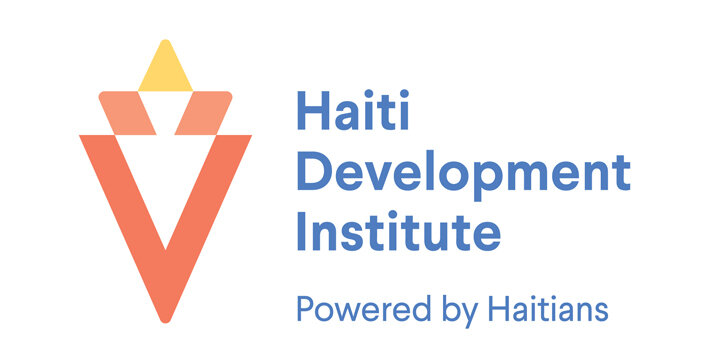The Path Forward in Haiti
Dear Friends,
We are shocked and saddened by the news of President Moise's assassination. We condemn this heinous act. We send our condolences to the Moise family for their loss and prayers that his wife, First Lady Martine Moise, recovers. Our thoughts are also with the Haitian people as they deal with yet another blow shredding their hopes and dreams.
This assassination exacerbates an already complicated and tenuous security and governance situation in the country. There is much uncertainty around national political leadership post-assassination since there is no constitutional path guiding what the succession should be.
There has been a large escalation in violence and criminal activity in recent months. The Haitian National Police have been consistently weakened over the years and have not manifested the capacity to ensure people’s safety or even to keep the roads open. The economy, already severely damaged from last years’ political crisis and the pandemic, is collapsing. Gang-manned roadblocks of major roads from Port-au-Prince have halted commerce generally and disrupted food supply. Farmers who have invested all in their harvest cannot get it to market; food insecurity is worsening. COVID-19 cases are spiking, with no clear plan to provide vaccines.
Unity and solidarity are called for to arrive at consensus to guide the immediate future.
“There is nothing more dangerous than to build a society with a large segment of people in that society who feel that they have no stake in it; who feel that they have nothing to lose. People who have a stake in their society protect that society, but when they don't have it, they unconsciously want to destroy it.” ― Martin Luther King Jr.
THE PATH FORWARD
The country’s biggest immediate need is to shore up the government’s ability to maintain security and ensure the free movement of people and commerce. Haiti may need help from international allies because the Haitian National Police has not shown the ability to maintain people’s welfare and security. However, if history has taught us anything, it is critical to ensure that any international engagement emphasizes not only immediate needs but institution building, with respect for the sovereignty of the country.
For the longer term, civic engagement and trust-building are key to democratic reform and national progress. The vast majority of Haitians have been systematically excluded by an entrenched political and economic elite from policy making and political positions of power. There are few public institutions or channels to enable participation and inclusion in civic life, at both national and local levels. This chronic marginalization has left people with little sense of a stake in Haiti’s national governance and disempowered to effect change even in their own communities.
There is a need for a nationwide effort to create inclusive spaces for inquiry and visioning; an opportunity for all Haitians to engage in dialogue about fundamental questions like how we got to a place where this could happen, what kind of people we want to be and what kind of country we envision living in and passing on to our children. This process will help build engagement and trust in people who have considerable distrust of their government and each other. It will elevate the voices of the marginalized. It will foster consideration of what type of governing system we must create to achieve a new Haiti. It will help clarify how we can enable leaders to lead us through. It is especially critical to engage young people in this inquiry and visioning, to give them hope for their country's future.
Finally, we need to place emphasis on institution-building. Effective institutions curb corruption and consolidate democracy. They also host a society’s values, traditions and customs. Institutions can guide us as well as call us to order.
WHAT DOES THIS MEAN FOR HDI’s WORK?
The need for our work has never been more apparent than now.
As people debate what's next - if international intervention is needed, if there should be elections and when, etc. - all agree that we "must involve civil society and listen to what the Haitian people want". This is absolutely true, and is also easier said than done.
How can one meaningfully engage long marginalized people -- the rural poor, especially women -- who have been excluded not only from political processes but also by every structure in Haitian society? Civil society is hugely under-resourced in Haiti. There are too few organizations and leaders enabled to give voice to the needs and aspirations of the majority of the Haitian population.
Moreover, trust needs to be restored at all levels of society. This can best be done by fostering engagement and cooperation with one’s neighbors around common goals. More engaged and secure citizens who feel empowered in their own community can then contribute to an equitable and prosperous Haiti.
HDI supports local leaders and communities, providing them tools, connections, skills and resources to help them lead inclusive conversations to envision their futures and build communities where one’s geography, creole accent, language and cultural lifestyle are not determinant; where everyone has a stake.
We place a laser focus on decentralization to elevate the voices of leaders and communities outside the metropolitan areas. We help develop public-private partnerships to build trust between government and citizens and create inclusive economic foundations in communities, which are key to outpacing poverty and silencing the guns.
Promoting good leadership, strong institutions and civic engagement is the path to finally achieving stability and prosperity in Haiti. We are investing to achieve results in the long term.
HDI Capacity Building Cohort

